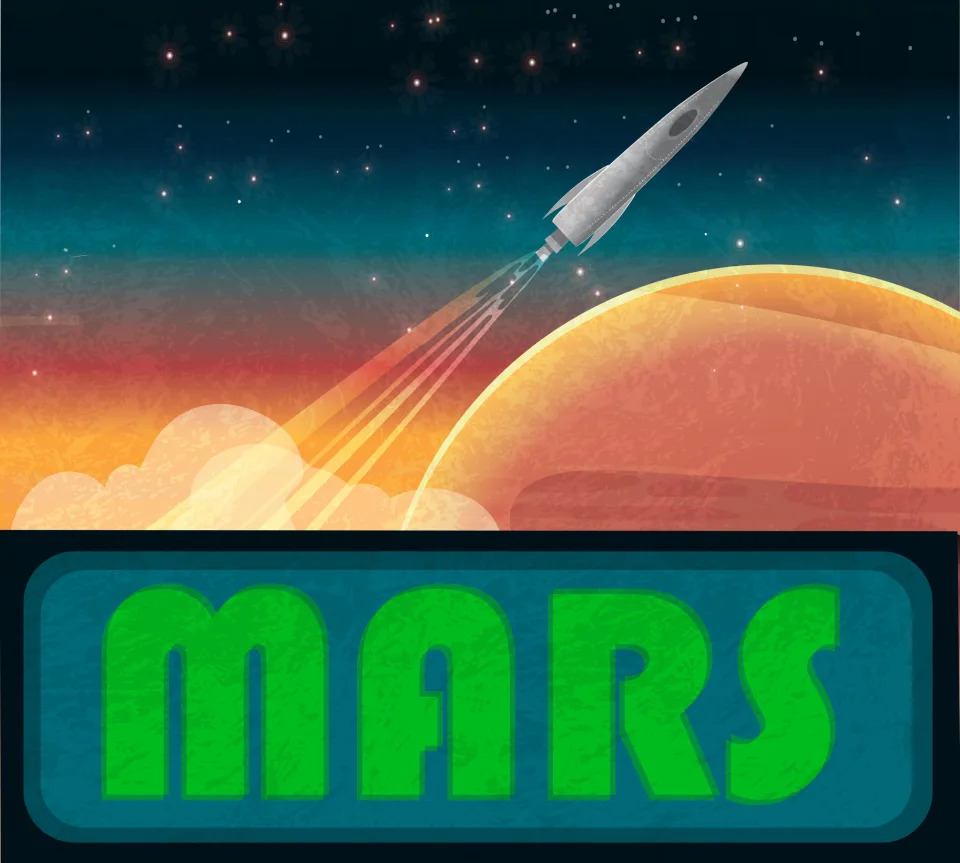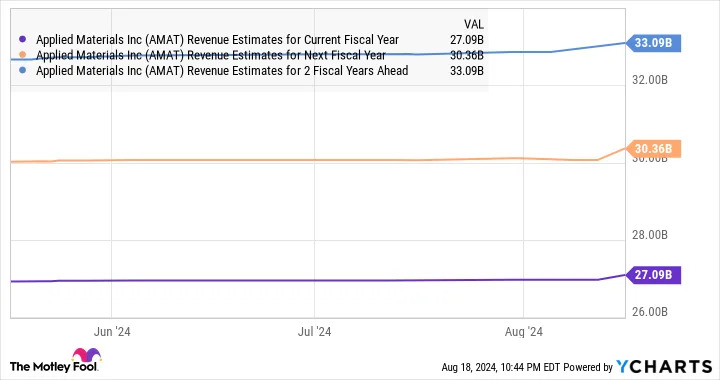
Rocket Lab (NASDAQ: RKLB) investors are having a fantabulous week. Fresh off another successful space launch (this one for Capella Space ) and a powerful earnings report that showed sales rising 71% year over year, the tiny rocket company announced this morning that it has just shipped a pair of ESCAPADE spacecraft to Cape Canaveral for launching to Mars.
Result: Rocket Lab stock is up 18% through 1:45 p.m. ET.
Next stop: Mars
Rocket Lab built the Blue and Gold ESCAPADE (short for "Escape and Plasma Acceleration and Dynamics Explorers") spacecraft for the University of California Berkeley's Space Science Laboratory and NASA. Their mission will be to travel to Mars atop a Blue Origin rocket to conduct heliophysics research on the plasma and magnetic fields around the Red Planet.
More important to investors, Rocket Lab will also be trying to demonstrate that it can do space science missions for NASA at approximately one-tenth the cost of bigger space companies , such as Boeing , Lockheed Martin , and Northrop Grumman . To test that theory, NASA estimated the incumbents would probably charge on the order of $550 million for this mission.
Rocket Lab's budget was, therefore, capped at $55 million.
Is Rocket Lab stock a buy?
That's big money for a small company like Rocket Lab, equivalent to more than 22% of all the revenues the company took in last year. Crunching the numbers this week, TechCrunch noted that while Rocket Lab's price hasn't been disclosed, it likely has to share some of the $55 million with other participants in the NASA mission.
But no matter. However much Rocket Lab makes from this mission, if it's a success and proves to NASA that Rocket Lab can stick to a budget and underprice competitors, that's likely to win Rocket Lab even more business in the future.
As Rocket Lab continues to inch toward profitability ( S&P Global Market Intelligence predicts a first profit in 2027) and the company keeps landing high-profile contracts, Rocket Lab stock is looking more and more like a buy.
Before you buy stock in Rocket Lab USA, consider this:





